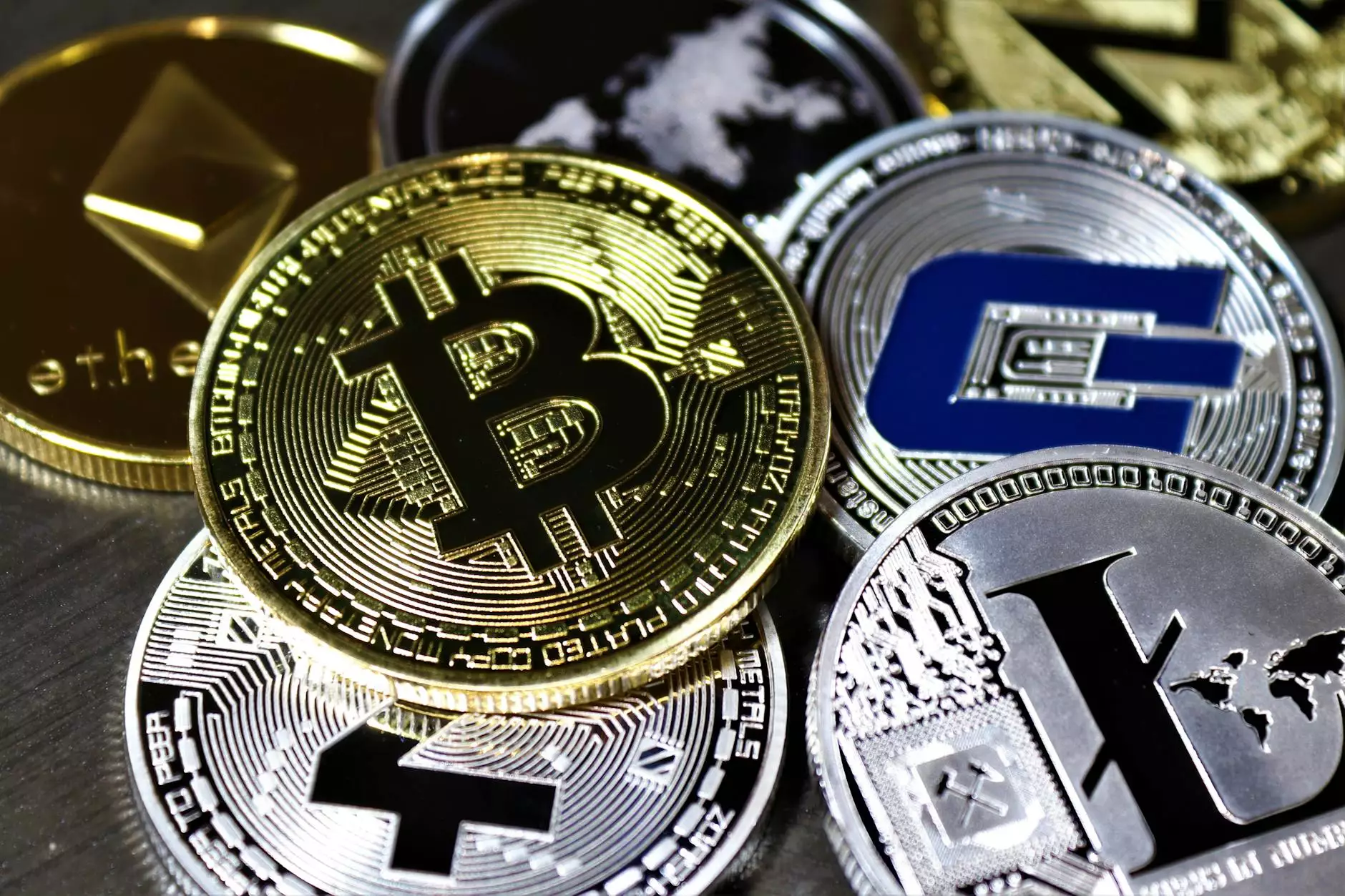The Ultimate Guide to Spotting Forex Scammers

When it comes to investing in the forex market, one of the biggest concerns for traders is encountering scams. With the growing popularity of forex trading, the number of fraudulent activities has also increased. It is crucial for traders to be vigilant and aware of the common tactics used by scammers in the industry.
What Is a Forex Scam?
A forex scam is any fraudulent activity that aims to deceive traders and investors into believing they can make easy money in the foreign exchange market. These scams can come in various forms, such as pyramid schemes, phishing scams, fake investment platforms, and more.
How to Identify Forex Scams
Here are some key indicators to help you spot potential forex scams:
- Unrealistic Returns: Be wary of promises of high and guaranteed returns with little or no risk.
- Lack of Regulation: Make sure the forex broker or platform you are using is regulated by a reputable authority.
- Pressure to Invest Quickly: Scammers often create urgency to push you into making hasty investment decisions.
- Complex Trading Strategies: Watch out for overly complicated trading strategies that are difficult to understand.
Common Forex Scams to Avoid
1. Signal Sellers: These are individuals or companies that offer to trade on your behalf and provide you with profitable trading signals for a fee. However, many of these signals turn out to be inaccurate or fraudulent.
2. Ponzi Schemes: Ponzi schemes involve paying returns to earlier investors using the capital of newer investors. These schemes eventually collapse when there are not enough new investors to pay returns.
3. False Brokerages: Fake brokers may lure unsuspecting traders with promises of high returns and low fees. Once you deposit your funds, they may disappear with your money.
Avoiding Forex Scams
Protect yourself from forex scams by following these tips:
- Do Your Research: Before investing with any forex broker or platform, research their reputation and check for reviews from other traders.
- Verify Regulation: Make sure the broker is regulated by a recognized authority, such as the Financial Conduct Authority (FCA) or the Commodity Futures Trading Commission (CFTC).
- Use Secure Payment Methods: Only deposit funds using secure payment methods that offer fraud protection.
Conclusion
By staying informed and vigilant, you can protect yourself from falling victim to forex scams. Always be cautious of offers that sound too good to be true and prioritize the security of your investments. Remember, when it comes to forex trading, it's better to be safe than sorry.
forex scammer list








